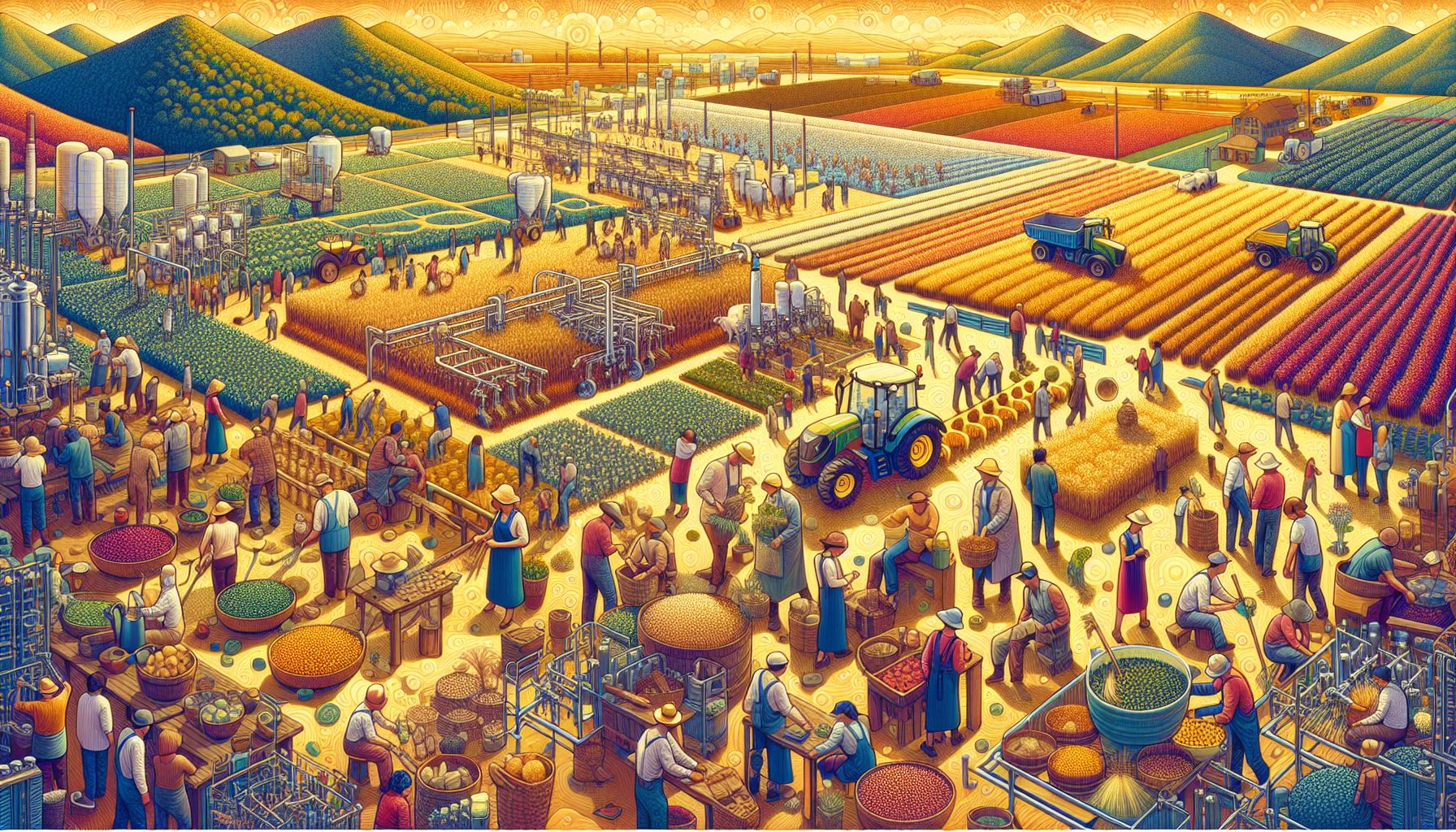Innovative Agrifood Technologies in South Korea Enhance Sustainability

Seoul, Thursday, 10 April 2025.
Korea’s agricultural advancements focus on precision farming and sustainability to secure food production, making the region a leader in eco-friendly agricultural practices.
Digital Agriculture Transformation
South Korea is experiencing a significant shift toward smart farming technologies, with approximately 11% of the country’s 1,022,797 farming households now employing digital agricultural solutions [1]. The transformation is particularly notable among younger farmers, with those under 30 years of age showing the highest adoption rates for innovative agricultural technologies [1]. This demographic trend is reshaping the agricultural landscape while addressing crucial challenges such as labor shortages and the need for sustainable food production methods [1].
Government-Led Innovation Initiatives
The Ministry of Agriculture has launched several groundbreaking initiatives in early 2025, including the establishment of the ‘Online Agricultural Wholesale Market Support Team,’ which achieved remarkable success with transactions exceeding 673.7 billion won in the previous year [2]. The initiative comprises four specialized teams focusing on wholesale markets, production regions, livestock, and best practices identification, with 30 field experts collaborating to enhance distribution efficiency [2]. This digital transformation is particularly significant for strengthening food security and improving agricultural sustainability [3].
Environmental Sustainability Focus
South Korea’s agricultural sector is making substantial progress in environmental sustainability through advanced fertilizer management and smart farming practices. The country’s approach emphasizes high-quality specialty fertilizers and enhanced efficiency fertilizers (EEFs), addressing the challenges of limited arable land [4]. This focus on environmental sustainability is further supported by strict import regulations demanding quality certifications and environmental safety measures [4].
Future Outlook and Challenges
The agricultural sector faces significant challenges in technology adoption, with smart farm implementation rates still 2.8 percentage points below global averages [5]. To address this gap, the government has established Smart Farm Korea, a specialized training center providing regular education and support for farmers [5]. These initiatives are crucial for maintaining food security while promoting sustainable agricultural practices in an increasingly technology-driven sector [5].
Bronnen
- www.researchgate.net
- www.etnews.com
- www.farmers-and-innovations.org
- www.greengubregroup.com
- www.researchgate.net